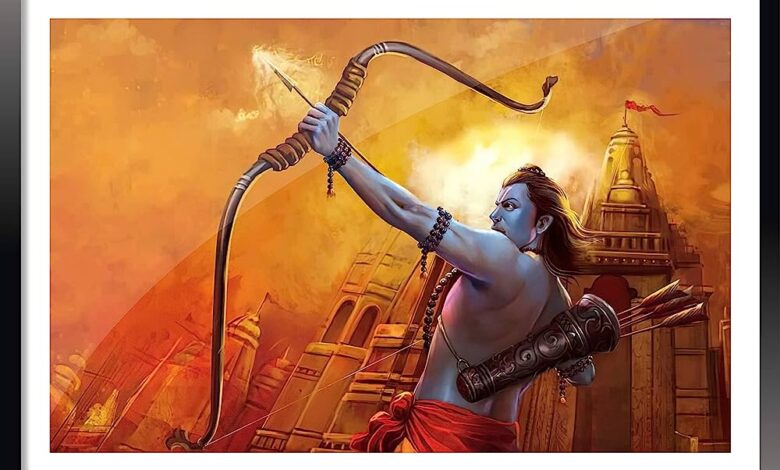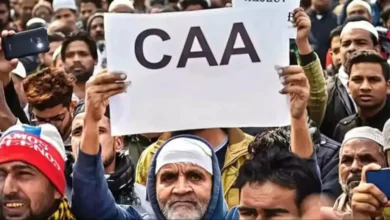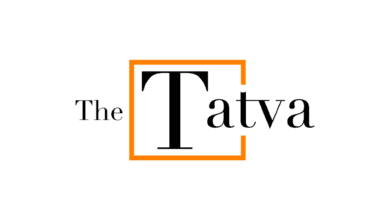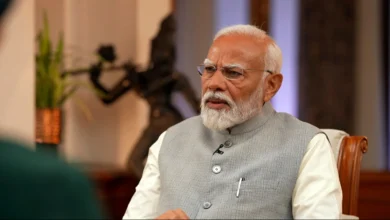After Ram Mandir, lord Ram might appearance in school history textbooks: NCERT Panel
High-Level Committee Proposes Inclusion of Lord Ram's Rule, Renaming the Nation, and a Shift to 'Classical History' in School Syllabus

The high-level committee for social sciences constituted by the National Council of Educational Research and Training (NCERT) has proposed significant changes to India’s history curriculum for schools. One of the key recommendations is the inclusion of the Ramayana in the curriculum, highlighting the journey of Lord Ram as a king. The committee emphasizes the need to shift the focus from foreign invasions to India’s rich ancient history and the Vedic age.
CI Issac, the chairperson of the committee, stressed the absence of the golden era of Bharat in the current curriculum. He pointed out that the current history curriculum mainly revolves around foreign invasions and battles lost, neglecting the epic history and the history of the Vedic age. Issac advocates for the inclusion of Ramayana and Mahabharata to provide a more comprehensive understanding of India’s history, highlighting the positive aspects of Lord Ram’s rule and his ability to unite people without division.
The committee has also recommended the use of the name ‘Bharat’ for the country in history books as part of a broader “decolonization” effort. This aligns with the Rashtriya Swayamsevak Sangh’s (RSS) goal of bringing about social-cultural changes and shaping the national narrative around Indian heritage. The RSS, considered the fountainhead of the Bharatiya Janata Party (BJP), aims to implement significant changes before its centenary year in 2025.
The proposal includes the introduction of a chapter on “classical history,” covering the period between the Vedic age and the Gupta period. This chapter would incorporate elements from the Vedas, Vedic age, and essential segments from the Ramayana, shedding light on the historical and cultural richness of Bharat during this era. The committee believes that the current history curriculum, which predominantly focuses on the British rule, should also include detailed chapters on national heroes such as Netaji Subhas Chandra Bose, Shyamaprasad Mookherjee, Chandrashekhar Azad, and others who played crucial roles in India’s freedom struggle.
CI Issac, a professor with an Indo-centric approach to history, highlighted the lack of coverage on the Vedic age and epic history in the current curriculum. He expressed the committee’s desire for more detailed information about this period, aiming to provide a holistic view of India’s past. Issac, who was awarded the Padma Shri this year, shared that the government’s response to the recommendations has been positive, with the file currently under review.
You might also be intersted in – NCERT modules on Chandrayaan spark controversy, here’s why?



